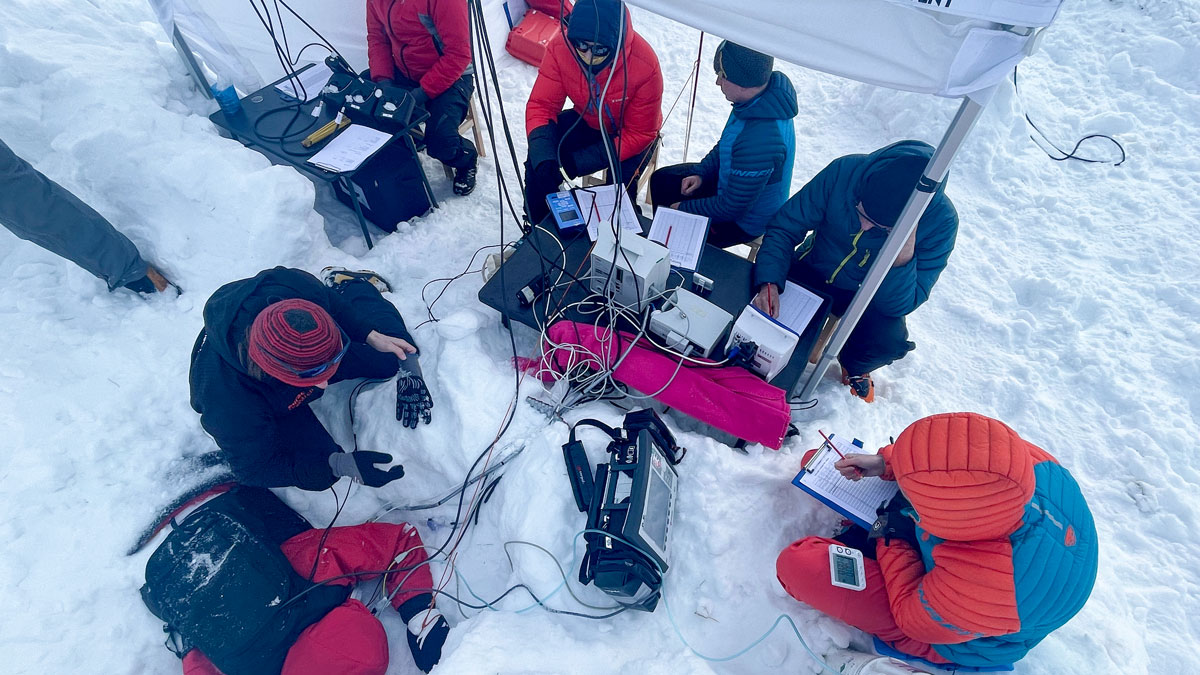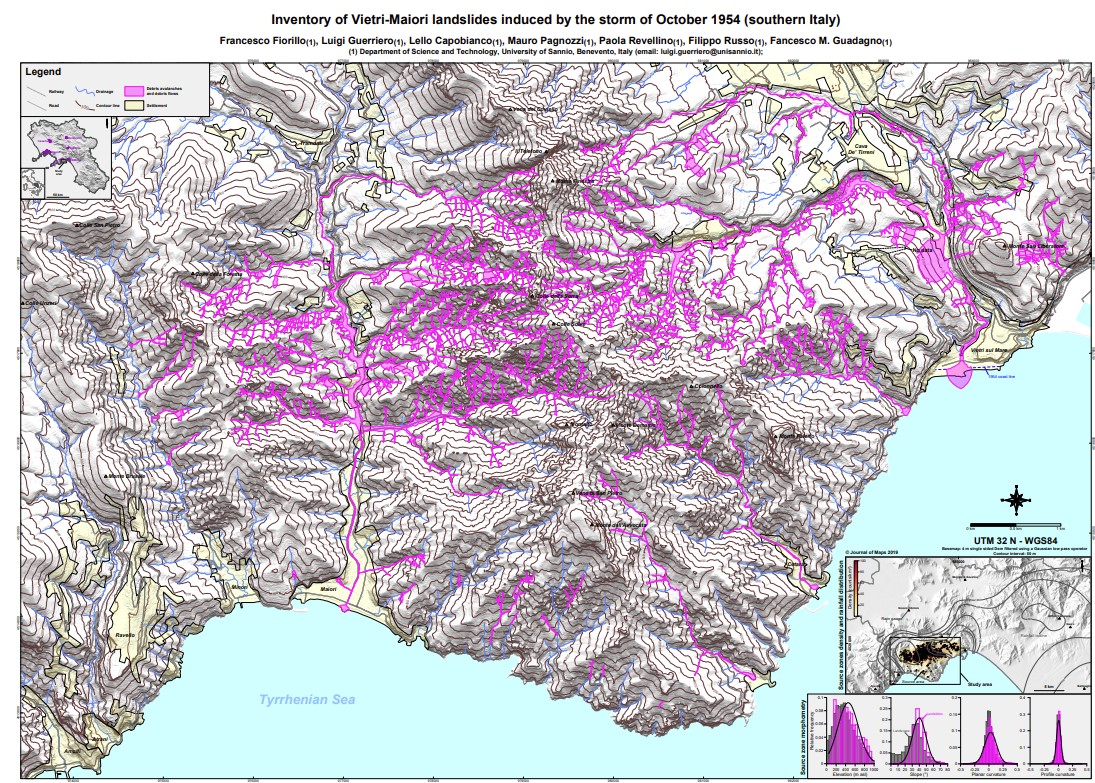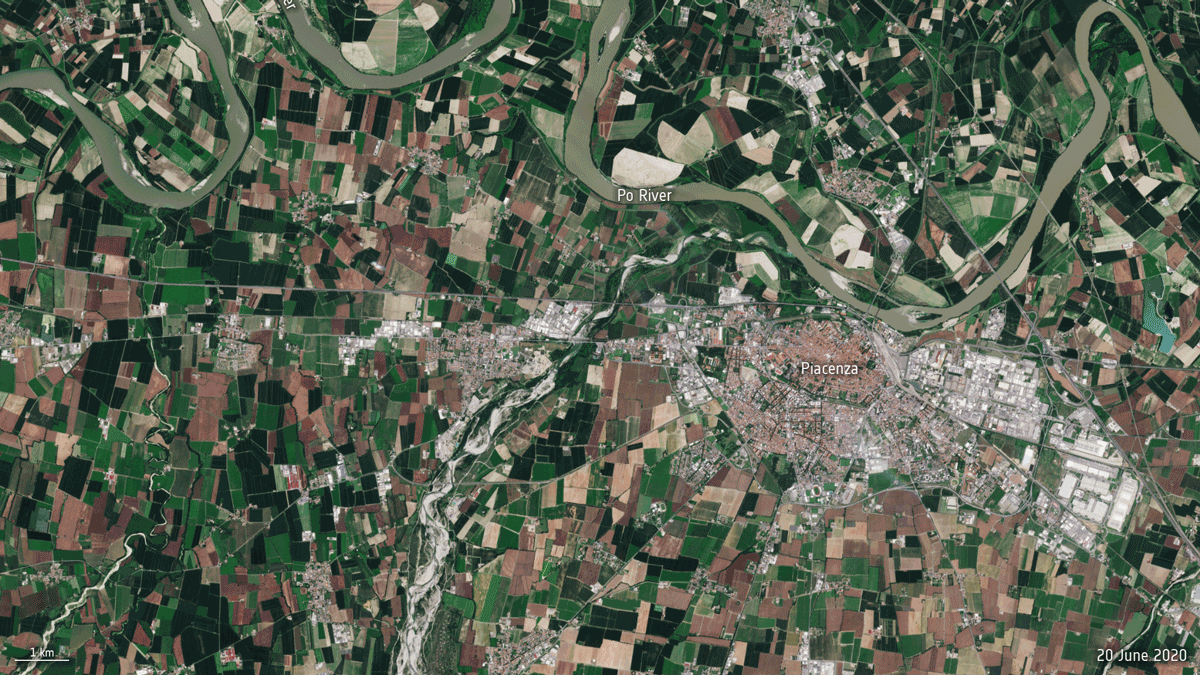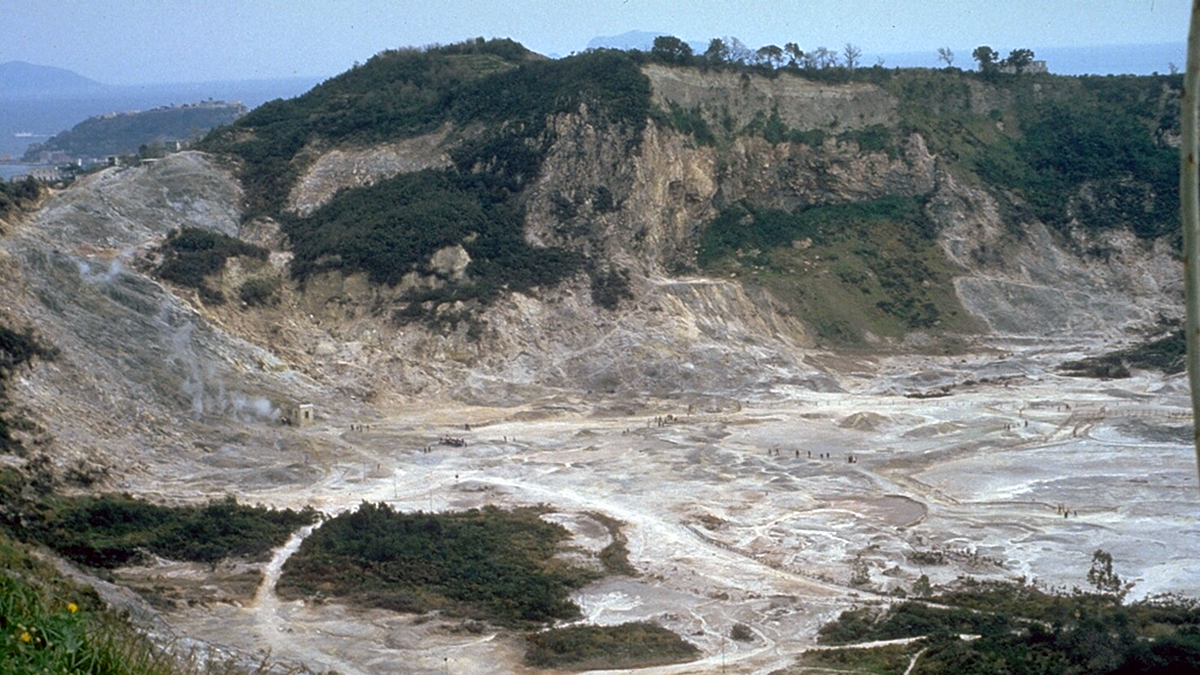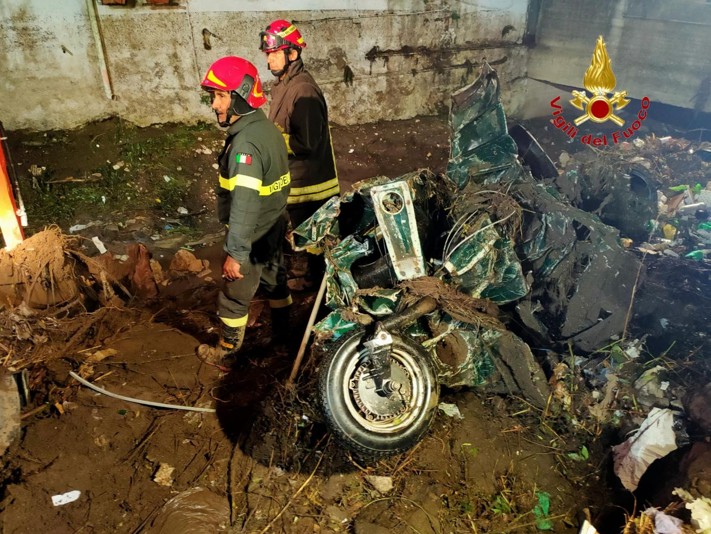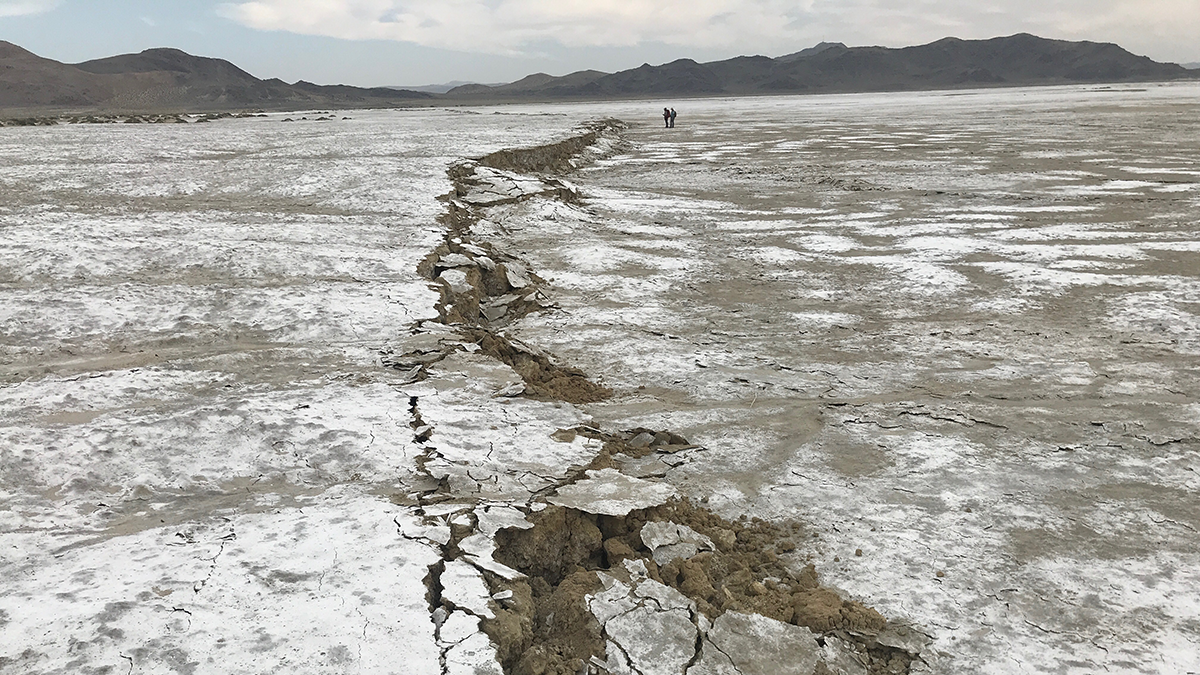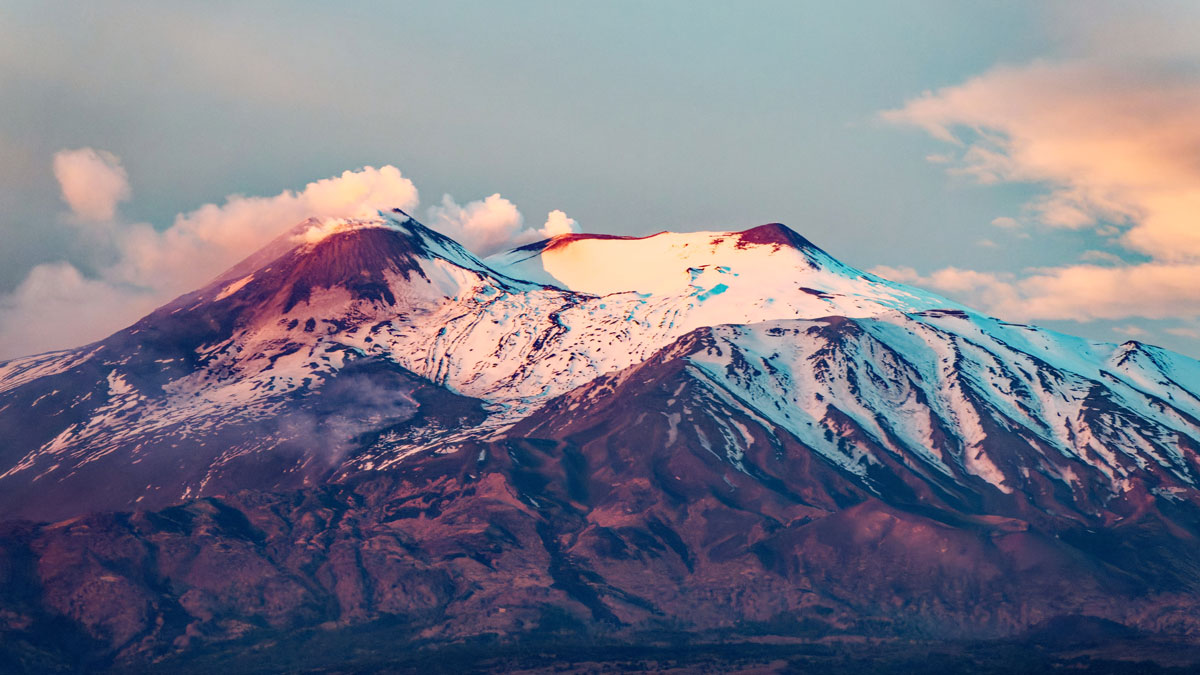An Alpine medical team buried 24 volunteers in a mountain pass. Their study confirmed the efficacy of the Safeback SBX, which uses snow’s natural porosity to supply air to buried avalanche victims.
Italy
The 25 October 1954 landslide disaster on the Amalfi Coast of Italy
The Landslide Blog is written by Dave Petley, who is widely recognized as a world leader in the study and management of landslides. I have frequently highlighted the growing impact of multiple landslide events triggered by extreme rainfall around the world. Whilst there is little doubt that such events are becoming more common, they have […]
Modeling the Past, Present, and Future of Drought
A new study combines historical observations, climate modeling, and data from tree rings to create a fuller picture of historic as well as potential drought conditions.
Deflected Dikes Perturb the Plumbing System
A multidisciplinary synthesis of the Campi Flegrei, Italy volcanic setting highlights the importance of sub-caldera layering for magma dynamics.
The 27 August 2024 post-fire debris flows in San Felice a Cancello, Italy
Guest post by Giuseppe Esposito and Stefano Gariano The Landslide Blog is written by Dave Petley, who is widely recognized as a world leader in the study and management of landslides. In a recent article published in the journal Landslides, Esposito and Gariano (2025) describe the first post-fire debris flow event with fatal consequences recorded […]
The 30 November 2022 Maratea rockfall in southern Italy
The Landslide Blog is written by Dave Petley, who is widely recognized as a world leader in the study and management of landslides. On 30 November 2022, the Maratea rockfall occurred on the slopes below Castrocucco castle in southern Italy. This landslide is the subject of an interesting paper (Santo and Massaro 2024) that has […]
Operational Earthquake Forecasting – What Is It and How Is It Done?
While earthquakes cannot be deterministically predicted, operational earthquake forecasting systems can provide valuable insights into the likelihood of future quakes.
Earthquakes May Have Amplified the Destruction of Pompeii
A new analysis of skeletons and collapsed walls indicates that seismic activity compounded the historic catastrophe wrought by Mount Vesuvius.
Watching and Listening for Signs of Slope Failure
Ten years of data preceding a rockfall in the French Alps suggest the need for more comprehensive monitoring systems.
Improved Imaging Offers New Insight into Mount Etna
Anisotropic tomography provides a more complete picture of the Sicilian volcano’s inner workings.

